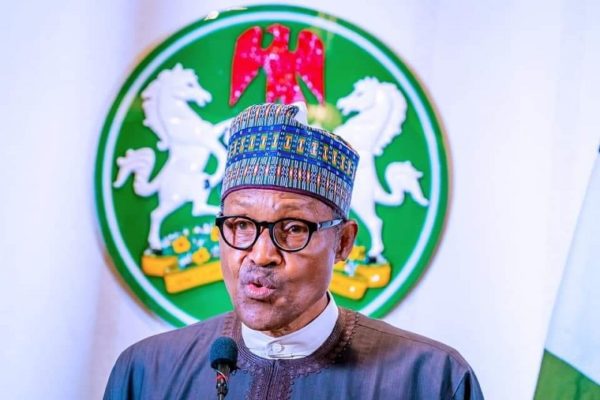The federal government of Nigeria has refuted the recent report from the World Bank, saying that over 78% of Nigerian electricity consumers access less than 12 hours of supply as inaccurate.
This was disclosed by The Special Adviser to the President on Infrastructure, Mr Ahmad Zakari who faulted the claim via a statement saying that the global bank’s empirical evidence used to arrive at the figure was unclear.
Meanwhile, the government revealed last week that 17 out of the 25 generation power plants were down, which led to a drop in supply across the nation, insisted that power distribution to consumers had been steadily improving.
He said: “It was inaccurate to make a blanket statement on the country’s power sector. The empirical evidence from the Nigerian Electricity Regulatory Commission (NERC) showed that only 55% of citizens connected to the grid are in tariff bands D and E which is less than 12 hours supply.
“It is inaccurate to make a blanket statement that 78% of Nigerians have less than 12 hours daily access. The data from NERC is that 55% of citizens connected to the grid are in tariff bands D and E which are less than 12 hours supply.
“Those citizens are being fully subsidised to pre-September 2020 tariffs until Discos can improve supply. There is a N120 billion CAPEX fund from CBN for Discos to improve infrastructure for these tariff classes similar to the ongoing metering programme.”
Prior to this day Radarr. Africa had reported on the 22nd of April the report of the World Bank statement saying that Nigeria businesses lose $29bn annually to poor electricity.
The organisation further disclosed that Nigeria ranks 171 out of 190 countries in getting electricity which is seen as the major constraints for the private sector.
The organisation’s stand was contained in the Power Sector Recovery Programme fact sheet which was presented during the World Bank virtual dialogue with energy reporters on Wednesday.

